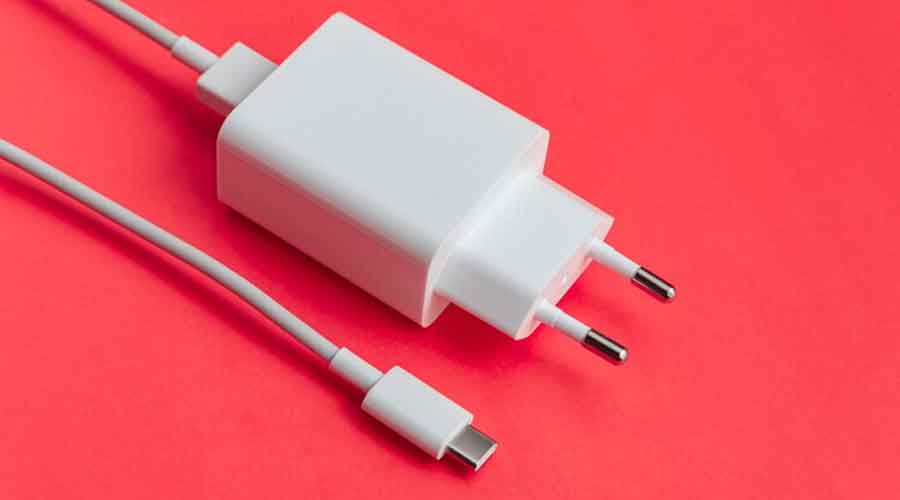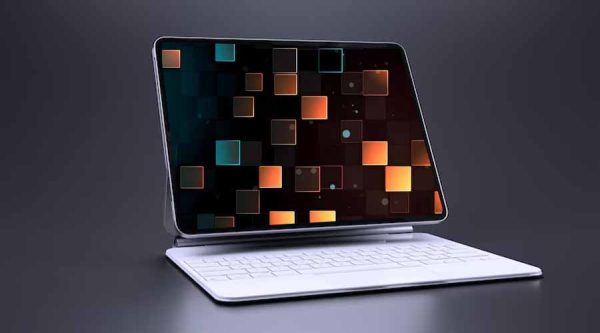
Apple supports postponing India’s implementation of the EU-style common charger regulation
According to a government document, Apple has threatened to miss its local production targets in India if New Delhi decides to follow the European Union’s lead and mandate that all current iPhones have universal charging connections. This comes as the American tech giant is pleading for a delay or exemption.
India has been in negotiations with manufacturers about adopting the requirement in India by June 2025, six months after the deadline in the EU, to enforce a rule proposed by the European Union requiring smartphones to include a universal USB-C charging connector. Apple is resisting, even though every manufacturer, including Samsung, has accepted India’s proposal.
The lightning connector port on Apple’s iPhones has been available for many years. Although India claims the measure will help users and decrease e-waste, the EU believes that a single charging option will save customers almost $271 million.
According to meeting minutes seen by Reuters, on Nov. 28, Apple requested that current iPhone models be exempted from the regulations in a closed-door meeting presided over by India’s IT ministry. The company expressed concern that, in the absence of this, it would be difficult to meet production targets established under the country’s production-linked incentive (PLI) scheme.
Prime Minister Narendra Modi’s flagship initiative, PLI, provides Indian electronic firms with tax breaks in exchange for new investments and annual growth in phone sales. It has been widely utilized by Foxconn and other Apple suppliers to increase iPhone production in the nation.
The minutes cited Apple’s regulatory and product compliance executives as stating, “They (Apple) will not be able to meet the PLI targets if the regulation is implemented on earlier models of mobile phones.” The officials disagreed with the specifications.
According to two people familiar with the proceedings, Apple did not quantify the production impact in the meeting, and the IT ministry chose to examine its proposal and make a judgment at a later time. Apple, whose lobbying activities in India are being made public for the first time, and the Indian IT ministry did not respond to requests for comment from Reuters.
DESIGN IS IMPERMANENT
Following China, analysts believe that India would be Apple’s next growing market. Indian manufacturers will produce 12–14% of iPhones in 2023, according to renowned Apple analyst Ming-Chi Kuo. That percentage might reach 25% the following year.
Compared to just over 2% four years ago, Apple now holds a 6% market share in India’s rapidly expanding smartphone market. The majority of the iPhone 12, 13, 14, and 15 models are now produced in India by Apple vendors for both domestic and international markets, according to Counterpoint Research estimates.
There is a new universal charging port on the iPhone 15, alone. According to the document, Apple informed Indian authorities at the conference that “the design of the earlier products cannot be changed.” According to Prabhu Ram, head of CyberMedia Research’s Industry Intelligence Group, India’s drive for a single charger for earlier generations of iPhones could help Apple meet its targets. Indian consumers are price careful and prefer to purchase older models of iPhones, which normally become cheaper with new launches.
The main factor affecting Apple’s success in India, according to him, has been its older iPhone models. India hopes to conform with the EU’s charging port regulations by June 2025, when they take effect in December 2024. If current models are exempt from the regulations, Apple informed regulators, it can meet that deadline; if not, it will require an additional 18 months beyond 2024. According to the minutes, Apple executives told government authorities that a natural transition period should be granted while keeping in mind the timetables for product creation.



